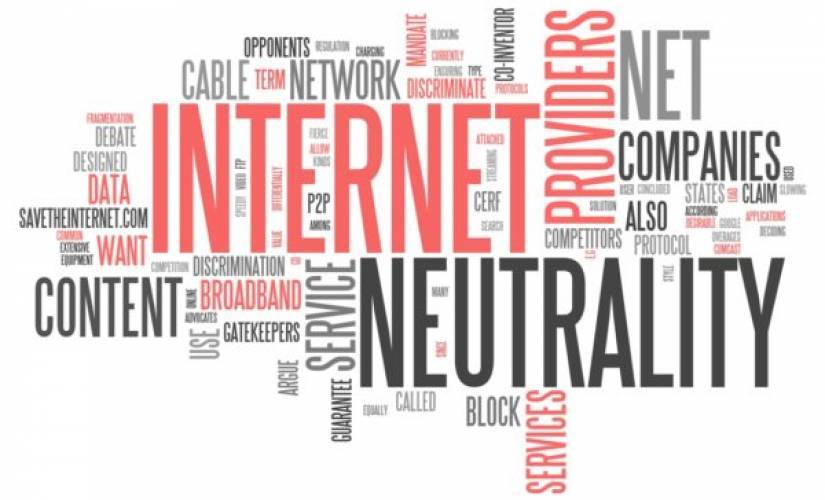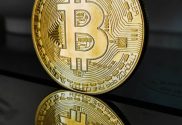Donald Trump has now been sworn in as the 45th president of the United States of America. Along with his administration, the new president will usher in a number of drastic changes — specifically in the area of telecommunications and the world of IoT.
There is a strong possibility that the new White House administration wants to dump “Net Neutrality.” How does this impact IoT?
The dream of an open Internet
By the time you read this, Tom Wheeler, the 31st chairman of the Federal Communications Commission (FCC), will have resigned. This is significant to both consumer and commercial Internet users because the concept of net neutrality may be a thing of the past. What is net neutrality?
Without getting too technical, net neutrality is a policy enforced by the FCC that prevented Internet Service Providers (ISPs) from prioritizing certain internet traffic over others. Back in February 2015, Tom Wheeler spoke on the FCC’s master plan, and it sounded like this:
“While some other countries, try and control the internet, the action that we take today is an irrefutable reflection of the principle, that no one, whether government, or corporate, should control, free and open access to the internet. The internet is the most powerful and pervasive platform on the planet. It’s simply too important to be left without rules, and without a referee on the field. Think about it, the internet has replaced the functions of the telephone, and the post office, the internet has redefined commerce and entertainment, and as the outpouring of four million Americans has demonstrated, the internet is the ultimate vehicle for free expression. The internet is simply too important, to allow broadband providers to be the ones making the rules.”
Technically speaking, data can be manipulated. Internet service providers use high capacity routers with software that can control data based on IP addresses or content, using Quality of Service or throttling specific data.
Does the new FCC chairman want to end net neutrality?
By the time you read this, there is a strong possibility that Donald Trump will have selected Ajit Pai to be the new chairman of the FCC. Ostensibly, Ajit wants an open internet, but the FCC commissioner doesn’t support net neutrality that was enforced by his predecessor — a policy which he believes impedes investment, innovation and job creation.
Speaking on his view of net neutrality, Ajit said “My concern, my sole concern is what is going to deliver a better consumer experience in the digital age, and I truly believe removing some of these regulations, impeding IP-based investments, getting rid of these antiquated regulations is the best way to promote competition, and promote consumer welfare, not these over the top 80-year-old regulations that have been proven not to work…”
If the new chairman of the FCC decides to dump net neutrality, your ISP can prioritize specific traffic over others. For example, if your provider wants, they can give priority to streaming video over other data, perhaps slowing down your service in certain areas. Or if your company has contributed to certain political campaigns, you’ll increase the likelihood that your service will see improved performance or end users will experience faster access to your website.
The death of net neutrality will severely impact IoT solutions which rely on an open internet concept. Degradation of service for connected devices can impact the burgeoning technology. A technology that needs scalability to thrive.
In addition, there are members of the Trump administration that want to reassign certain FCC duties to the Federal Trade Commission, The Young Turks reported the following “Besides restructuring FCC bureaus, the majority of the transition team wants to ‘eventually move functions deemed duplicative,’ like, say, competition and consumer protection, to other agencies, particularly the Federal Trade Commission…”
What happens to IoT?
Does the end of net neutrality mean that IoT services will be severely degraded and impacted? Quite possibly. Before resigning, former FCC chairman Tom Wheeler specifically noted that the Internet of Things was dependent on the openness of the internet. A future where ISPs can prioritize traffic can have huge implications for IoT devices and how they’re engineered in the near future.
By the time you finish reading this article, the is a strong possibility that major ISPs are planning for an end of net neutrality policy, which means that IoT companies will have to adapt and possibly redesign their solutions to function in an internet that is no longer open.





